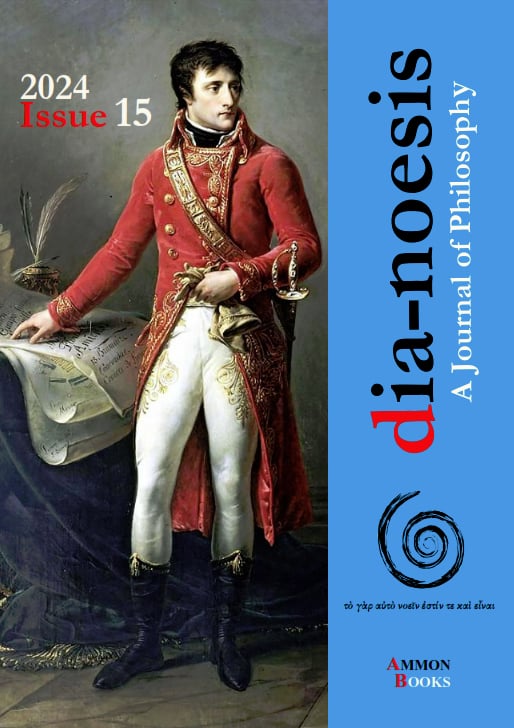The ethics of war leadership as seen through ancient Greek poetry

Abstract
The present article focuses on the ethics of war leadership in the ancient Greek world, as it is presented through poetic works, specifically the Homeric epic, mainly Iliad, and tragedies, such as Aeschylus' Pérsai, Sophocles’ Aías, Antigóni and Philoktḗtēs, and Andromákhē and Hekabē by Euripides. These works offer interesting insights into the most important aspects of the morality of war leadership, such as who warrior is considered as a charismatic and virtuous leader, which behavior is his is considered moral and by what criteria, who is considered as moral model or moral guide, how the leaders decide regarding the fate of captives and especially of women and what is the role of the gods in selecting and evaluating the morality of war leaders? The conclusion that emerges is that there are certain moral standards, which men and especially the war leaders are expected to follow, while balancing between the pursuit of personal expediency and the common good. A virtuous character, however, is not considered a sufficient condition to ensure a glorious life or victory, because the fate of each and everyone’s is ultimately defined by the gods. Man can only try and hope that he has been proved morally worthy before the challenges and problems he faces‧ his end, however, will prove whether he really succeeded.
Article Details
- How to Cite
-
Tripoula, I. (2024). The ethics of war leadership as seen through ancient Greek poetry. Dia-Noesis: A Journal of Philosophy, 15, 123–138. https://doi.org/10.12681/dia.38177
- Section
- Articles


